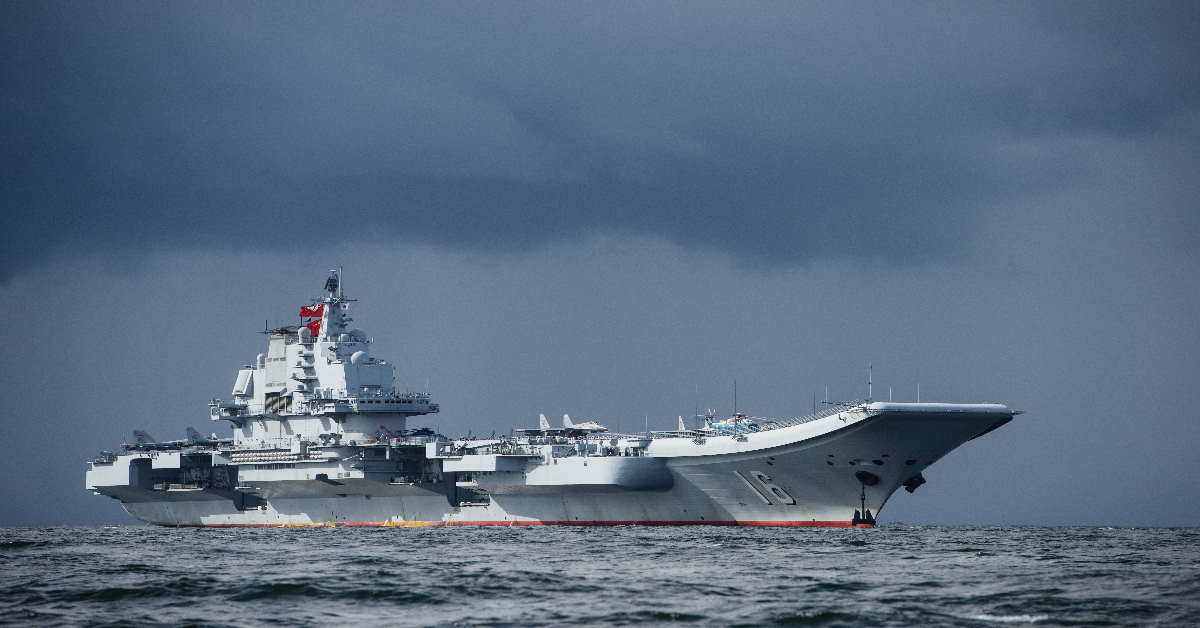When the Cold War ended, many pundits anticipated a new era in which geo-economics would determine geopolitics. As economic integration progressed, they predicted, the rules-based order would take root globally. Countries would comply with international law or incur high costs.
Today, such optimism looks more than a little naive. Even as the international legal system has ostensibly grown increasingly robust – underpinned, for example, by United Nations (UN) conventions, global accords like the 2015 Paris climate agreement, and the International Criminal Court (ICJ) – the rule of force has continued to trump the rule of law. Perhaps no country has taken more advantage of this state of affairs than China.
Consider China’s dam projects in the Mekong River, which flows from the Chinese-controlled Tibetan Plateau to the South China Sea, through Myanmar, Lao, Thailand, Cambodia, and Vietnam. By building 11 mega-dams near the border of the Tibetan Plateau, just before the river crosses into Southeast Asia, China has irreparably damaged the river system and wreaked broader environmental havoc, including saltwater intrusion in the Mekong Delta that has caused the delta to retreat.
Today, the Mekong is running at its lowest level in 100 years, and droughts are intensifying in downriver countries. This gives China powerful leverage over its neighbours. And yet China has faced no consequences for its weaponisation of the Mekong’s waters. It should thus be no surprise that the country is building or planning at least eight more mega-dams on the Mekong.
China’s actions in the South China Sea may be even more brazen. This month marks the sixth anniversary of the country’s launch of a massive land-reclamation program in the highly strategic corridor, which connects the Indian and Pacific oceans. By constructing and militarising artificial islands, China has redrawn the region’s geopolitical map without firing a shot – or incurring any international costs.
To be sure, in July 2016, an international arbitral tribunal set up by the Permanent Court of Arbitration (PCA) in The Hague ruled that China’s territorial claims in the South China Sea lacked legitimacy under international law. But China’s leaders simply disregarded the ruling, calling it a “farce.” Unless something changes, the United States (US)-led plan to establish a “free and open Indo-Pacific” will remain little more than a paper vision.
China’s open contempt for the PCA’s ruling stood in sharp contrast with India’s response to a 2014 ruling by a PCA-established tribunal awarding Bangladesh nearly 80 percent of 25,602 square kilometres (9,885 square miles) of disputed territory in the Bay of Bengal. Although the decision was split (unlike the South China Sea tribunal’s unanimous verdict) and included obvious flaws – it left a sizable “gray area” in the bay – India accepted it readily.
In fact, between 2013 and 2016 – while the Philippines-initiated proceedings on China’s claims in the South China Sea were underway – three different PCA-established tribunals ruled against India in disputes with Bangladesh, Italy, and Pakistan. India complied with all of them.
The implication is clear: for large and influential countries, respecting the rules-based order is a choice – one that China, with its regime’s particular character, is unwilling to make. Against this background, Vietnam’s possible legal action on its own territorial disputes with China – which has been interfering in Vietnam’s longstanding oil and gas activities within its exclusive economic zone in the South China Sea – is unlikely to amount to much. Vietnam knows that China will ignore any ruling against it and use its trade leverage to punish its less powerful neighbour.
That is why an enforcement mechanism for international law is so badly needed. Disputes between states will always arise. Peace demands mechanisms for resolving them fairly and effectively, and reinforcing respect for existing frontiers.
Yet such a mechanism seems unlikely to emerge anytime soon. After all, China is not alone in violating international law with impunity: its fellow permanent members of the UN Security Council – France, Russia, the United Kingdom (UK), and the US – have all done so. These are the very countries that the UN Charter entrusted with upholding international peace and security.
Nowadays, international law is powerful against the powerless, and powerless against the powerful. Despite tectonic shifts in the economy, geopolitics, and the environment, this seems set to remain true, with the mightiest states using international law to impose their will on their weaker counterparts, while ignoring it themselves. As long as this is true, a rules-based global order will remain a fig leaf for the forcible pursuit of national interests.
Brahma Chellaney, Professor of Strategic Studies at the New Delhi-based Center for Policy Research and Fellow at the Robert Bosch Academy in Berlin, is the author of nine books, including Asian Juggernaut, Water: Asia’s New Battleground, and Water, Peace, and War: Confronting the Global Water Crisis.
